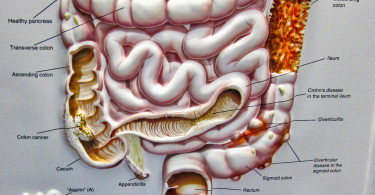If you had chicken pox as a child, you are at risk for shingles in your later years. And most people should get vaccinated against it. It’s important for you to understand why the shingles...
Dr. Salomeh Keyhani
Treating back pain: Often, hot and cold packs and time do the...
Today I’m talking back pain, one of the biggest issues my patients face. Eight out of ten of you will experience back pain at some point in your lives. Usually, the back pain will go away on its...
Vitamin E supplements: Should you take them?
One question I bet you have because it’s one my patients ask me over and over again is which vitamin supplements you should be taking. For example, should you take Vitamin E supplements? Before I...
Vitamin B12 supplements
Is there any evidence that vitamin supplements benefit a healthy person? You’ve heard me ask this question before, about vitamin E supplements , about vitamin B6 supplements, and...
Link found between having a purpose in life and better health
A new study conducted by Eric Kim reveals a link between having a purpose in life and better health. People with a purpose in life are more likely to take charge of their health by getting...
Colonoscopy: Do you need one?
If you take charge of your health, you can help prevent colon cancer. Colon cancer is the third most common type of cancer in both men women. And, 50,000 people die of colon cancer every year...
Muscle matters, but protein shakes matter much less
I’d like to offer some advice on protein shakes. It’s a great thing to be building your muscles, especially as you get older. But, you may be surprised to learn that there is no good...
Managing migraines
If you have ever suffered from a migraine, you know how awful it can be. I want to let you know that migraines are fairly common. The Centers for Disease Control reports that more than 20 percent...








